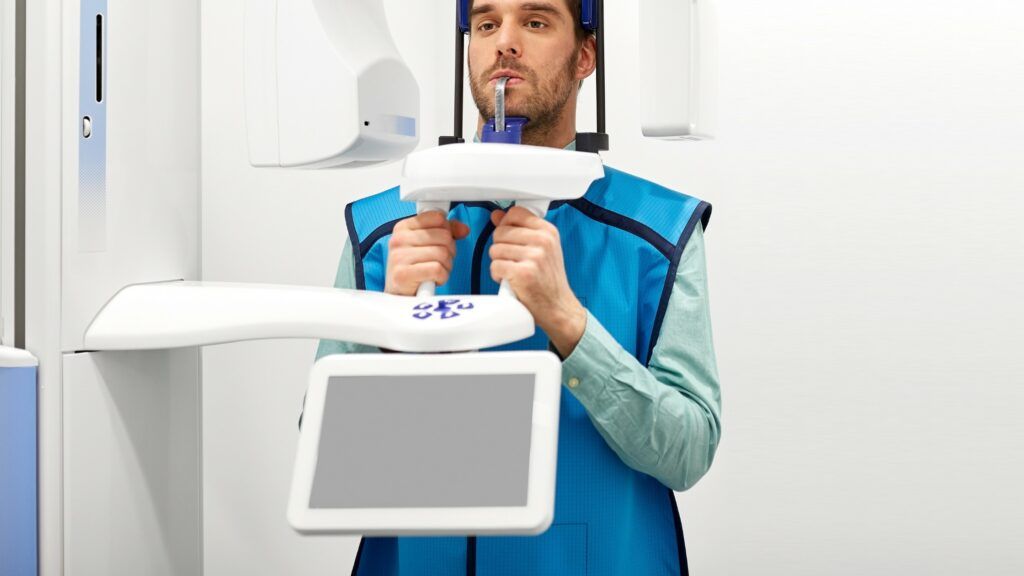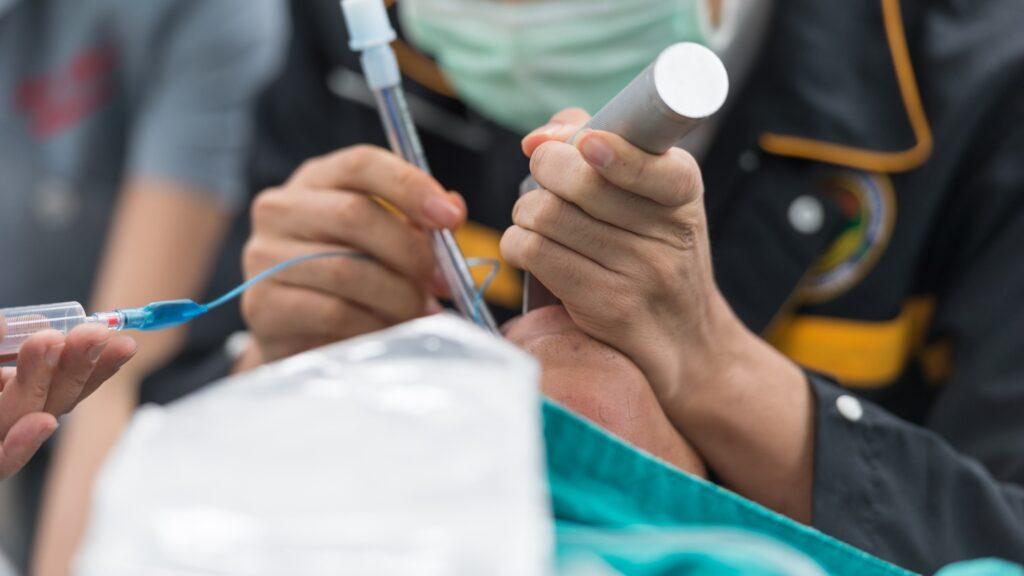In healthcare, safety is a top priority, particularly when dealing with radiation exposure. Radiation protection aprons are essential tools used to shield healthcare workers from harmful radiation. These aprons are crucial in ensuring health and safety standards in medical environments where radiological procedures are frequent.
Radiation protection aprons are essential safety gear in healthcare settings, designed to shield medical professionals and patients from harmful ionizing radiation. With increasing awareness of radiation risks, the use of protective aprons has become standard practice across various medical fields. This article delves into the types, applications, and benefits of radiation protection aprons, highlighting the significance of this crucial protective equipment.
Understanding Radiation Protection Aprons
Types of Radiation Protection Aprons
Radiation protection aprons come in several types, each tailored to specific medical applications and user needs. The primary types include:
-
Lead Aprons:
- Description: Traditional aprons made with lead or lead-equivalent materials.
- Uses: Commonly used in radiology, fluoroscopy, and dental practices.
- Pros: Offers excellent protection against X-rays and gamma rays.
- Cons: Heavier and less flexible than modern alternatives.
-
Lead-Free Aprons:
- Description: Aprons made from materials like antimony and bismuth, providing protection without the use of lead.
- Uses: Suitable for environments where lead exposure is a concern.
- Pros: Environmentally friendly, lighter, and more flexible.
- Cons: Typically more expensive than lead aprons.
-
Lead-Composite Aprons:
- Description: These aprons use a blend of lead and other metals to achieve a balance between weight and protection.
- Uses: Ideal for prolonged wear during long procedures.
- Pros: Offers a compromise between weight and protective efficacy.
- Cons: May not be as lightweight as lead-free options.
-
Vest and Skirt Aprons:
- Description: A two-piece design that distributes weight more evenly across the body.
- Uses: Preferred by professionals who require mobility and comfort.
- Pros: Reduces strain on the back and shoulders.
- Cons: May be less convenient to put on and take off.
Applications of Radiation Protection Aprons
Radiation protection aprons are used in various healthcare settings, including:
- Radiology and Imaging Departments: Protecting staff and patients during X-ray and CT scans.
- Interventional Radiology: Shielding medical personnel during procedures that involve fluoroscopy.
- Dental Practices: Protecting patients from radiation exposure during dental X-rays.
- Nuclear Medicine: Providing protection during the handling of radioactive materials.
- Surgical Environments: Used in hybrid operating rooms where imaging techniques are employed.
Benefits of Radiation Protection Aprons
The use of radiation protection aprons offers numerous benefits, including:
- Enhanced Safety: Protects against harmful radiation, reducing the risk of radiation-induced injuries and illnesses.
- Compliance with Regulations: Helps healthcare facilities meet safety standards and regulations set by authorities such as the Occupational Safety and Health Administration (OSHA) and the International Commission on Radiological Protection (ICRP).
- Improved Comfort: Modern aprons are designed with ergonomic features, providing comfort during long procedures.
- Environmental Benefits: Lead-free options contribute to sustainability efforts by reducing lead contamination and waste
Top Manufacturers of Radiation Protection Aprons
Several manufacturers lead the industry in providing high-quality radiation protection aprons. These companies focus on innovation, safety, and user comfort, offering a wide range of products tailored to different needs.
Horizon Healthcare Solutions
Horizon Healthcare Solutions is renowned for its advanced radiation protection aprons, combining cutting-edge technology with superior safety standards. Their product lines include:
- CORDON Jupiter Series: Known for its Lead-Lite material, offering unmatched flexibility and durability. These aprons are 20% lighter than traditional lead rubber aprons, providing significant comfort during use.
- Surya Series: Lead-free aprons made with antimony and bismuth, ensuring protection against both low and high-energy radiation. They are environmentally friendly and customizable in design.
- Galaxia Series: Features innovative design and materials for comprehensive protection. This series caters to a wide range of healthcare applications.
Horizon Healthcare Solutions also offers non-wearable radiation protection devices, such as shields and barriers, enhancing safety across healthcare facilities.
Choosing the Right Radiation Protection Apron
Selecting the appropriate radiation protection apron depends on several factors, including the type of procedure, duration of wear, and personal comfort preferences. Key considerations include:
- Material: Choose between lead, lead-free, and lead-composite based on weight and environmental concerns.
- Design: Consider the style of apron (e.g., full-wrap, vest and skirt) for comfort and mobility.
- Protection Level: Ensure the apron provides adequate protection for the specific radiation exposure levels encountered in your work.
- Customization: Look for manufacturers that offer customization options to suit individual needs and preferences.
Conclusion
Radiation protection aprons play a vital role in safeguarding healthcare professionals and patients from the harmful effects of ionizing radiation. Understanding the different types, applications, and benefits of these aprons can help in making informed decisions about their use in healthcare settings. Leading manufacturers like Horizon Healthcare Solutions continue to innovate and improve radiation protection solutions, contributing to safer medical environments worldwide. By choosing the right apron for your specific needs, you can enhance safety, comfort, and compliance with industry standards.


